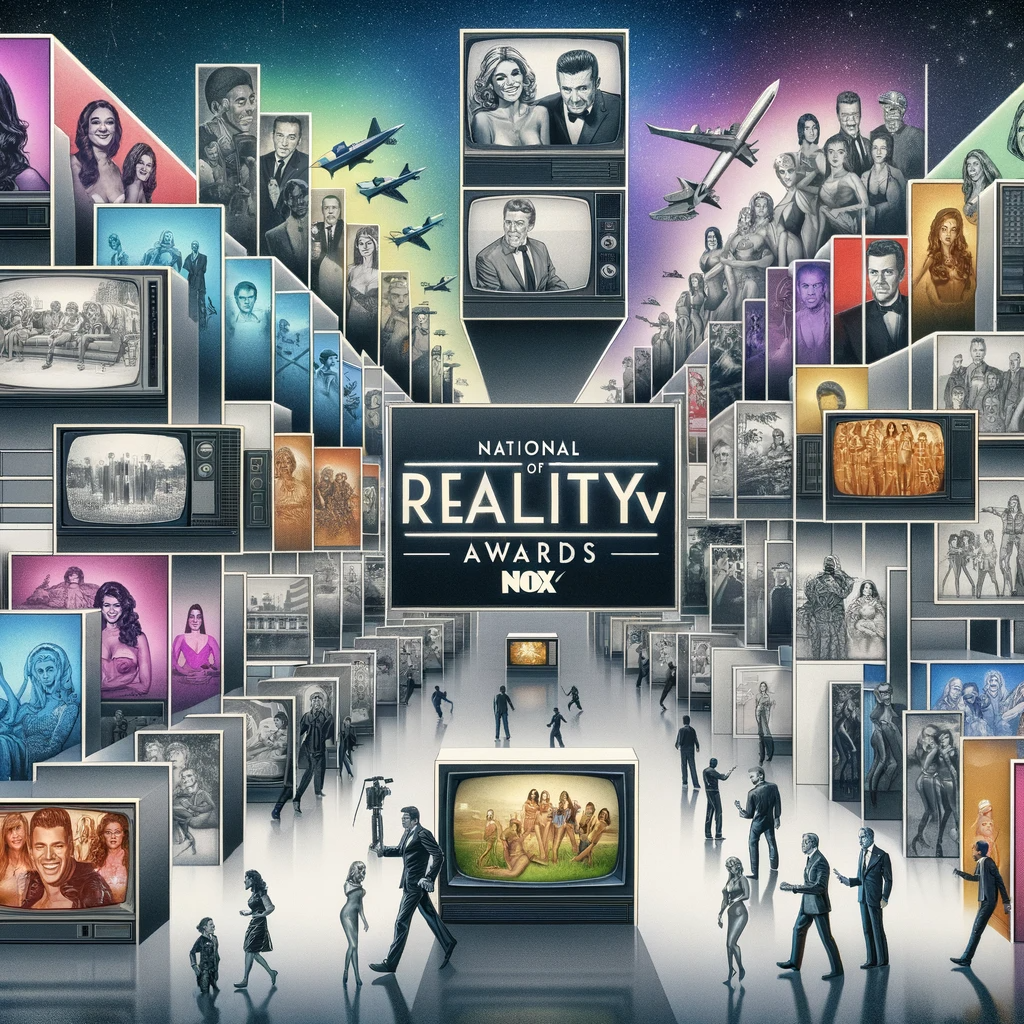The Evolution of Reality TV: A Retrospective Ahead of the National Reality TV Awards
As we approach the National Reality TV Awards, it’s the perfect time to look back at the evolution of reality television. From its humble beginnings to its current status as a cultural phenomenon, reality TV has undergone significant transformation. This retrospective explores how reality TV has evolved, shaping entertainment and influencing society.

The Early Days
Reality TV’s roots can be traced back to the 1940s and 50s, with shows like “Candid Camera.” However, it was in the 1970s and 80s that the genre began to take shape with shows like “An American Family” and “The Real World.” These early shows set the stage for what was to come, focusing on real people in unscripted situations.
The 2000s Boom
The turn of the millennium marked a golden era for reality TV. Shows like “Survivor,” “Big Brother,” and “American Idol” captured massive audiences, offering a new kind of television experience. These shows introduced competitive formats and viewer voting, elements that have become staples in the genre.
Diverse Formats
Over the years, reality TV has branched into various sub-genres. From talent competitions and dating shows to lifestyle and adventure series, the scope of reality TV expanded. Shows like “The Apprentice” and “Keeping Up with the Kardashians” illustrated the genre’s versatility, appealing to different demographics and interests.
Technological Advances
Advancements in technology have played a significant role in the evolution of reality TV. High-quality cameras and mobile equipment have made it possible to film in diverse locations, from remote islands to bustling cities. Social media has also transformed viewer engagement, allowing fans to interact with shows and contestants in real-time.
Cultural Impact
Reality TV has had a profound impact on popular culture. It has launched careers, influenced fashion and language, and even affected social and political discourse. The genre has been both praised for its entertainment value and criticized for its portrayal of reality, sparking debates about media ethics and representation.
The Future of Reality TV
As we look to the future, reality TV continues to evolve with new formats and platforms. Streaming services are now entering the arena, offering more personalized and niche content. Interactive and virtual reality shows are on the horizon, promising to revolutionize the viewer experience.
Conclusion
From its simplistic beginnings to its current complex and multifaceted form, reality TV has continually adapted and grown. As we celebrate the best in the genre at the National Reality TV Awards, it’s clear that reality television is not just a form of entertainment but a reflection of our evolving society.



